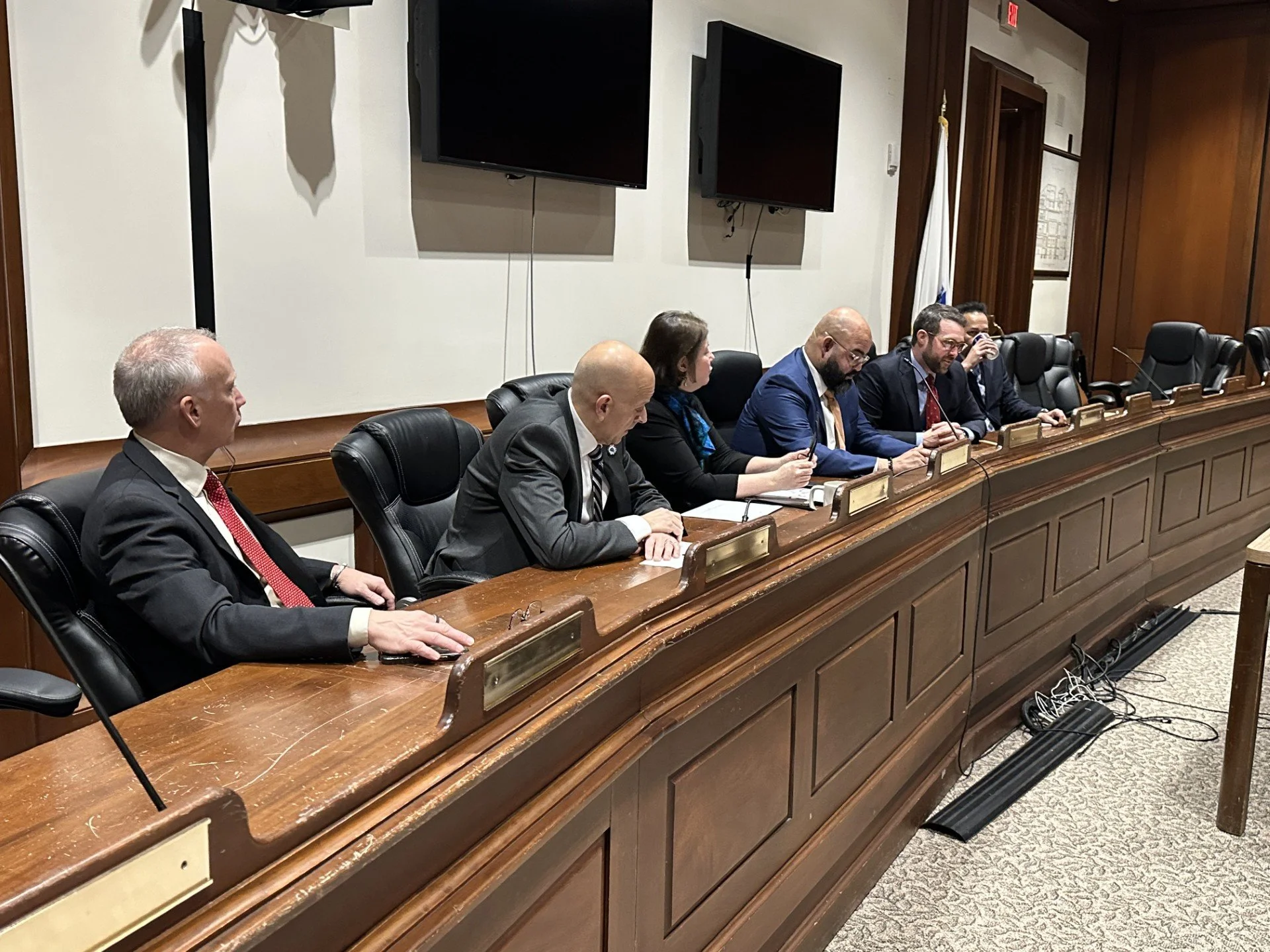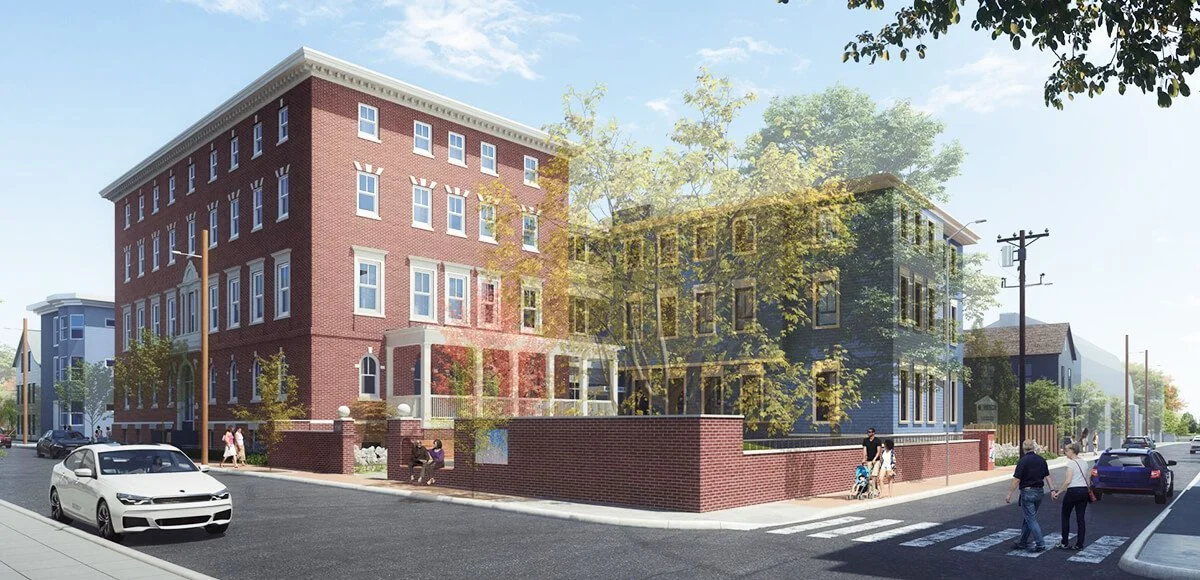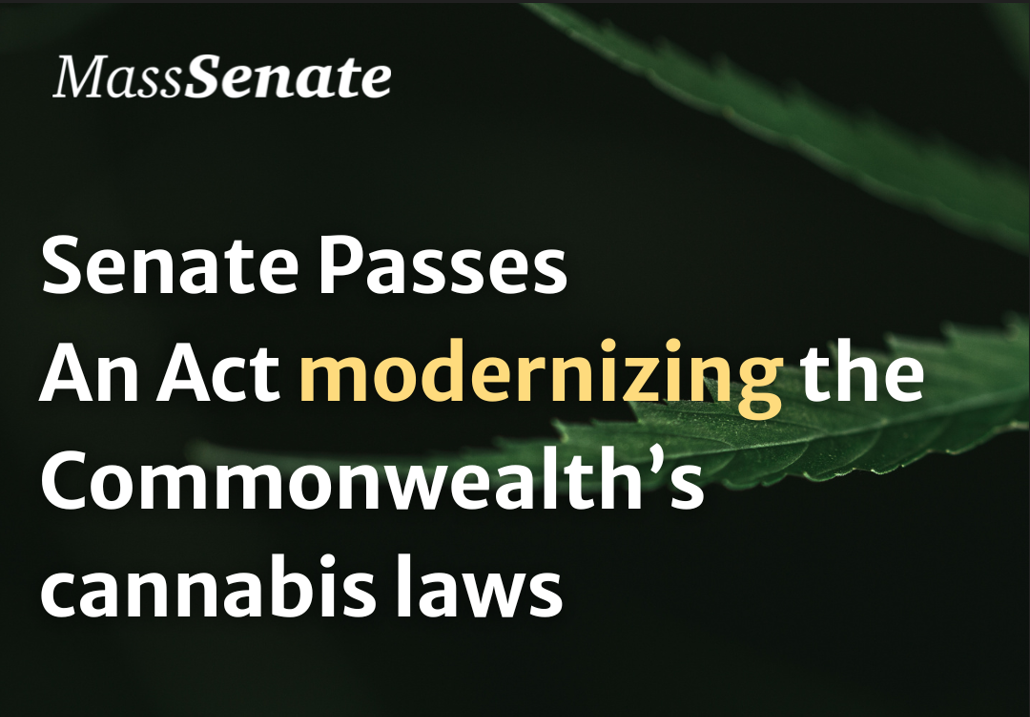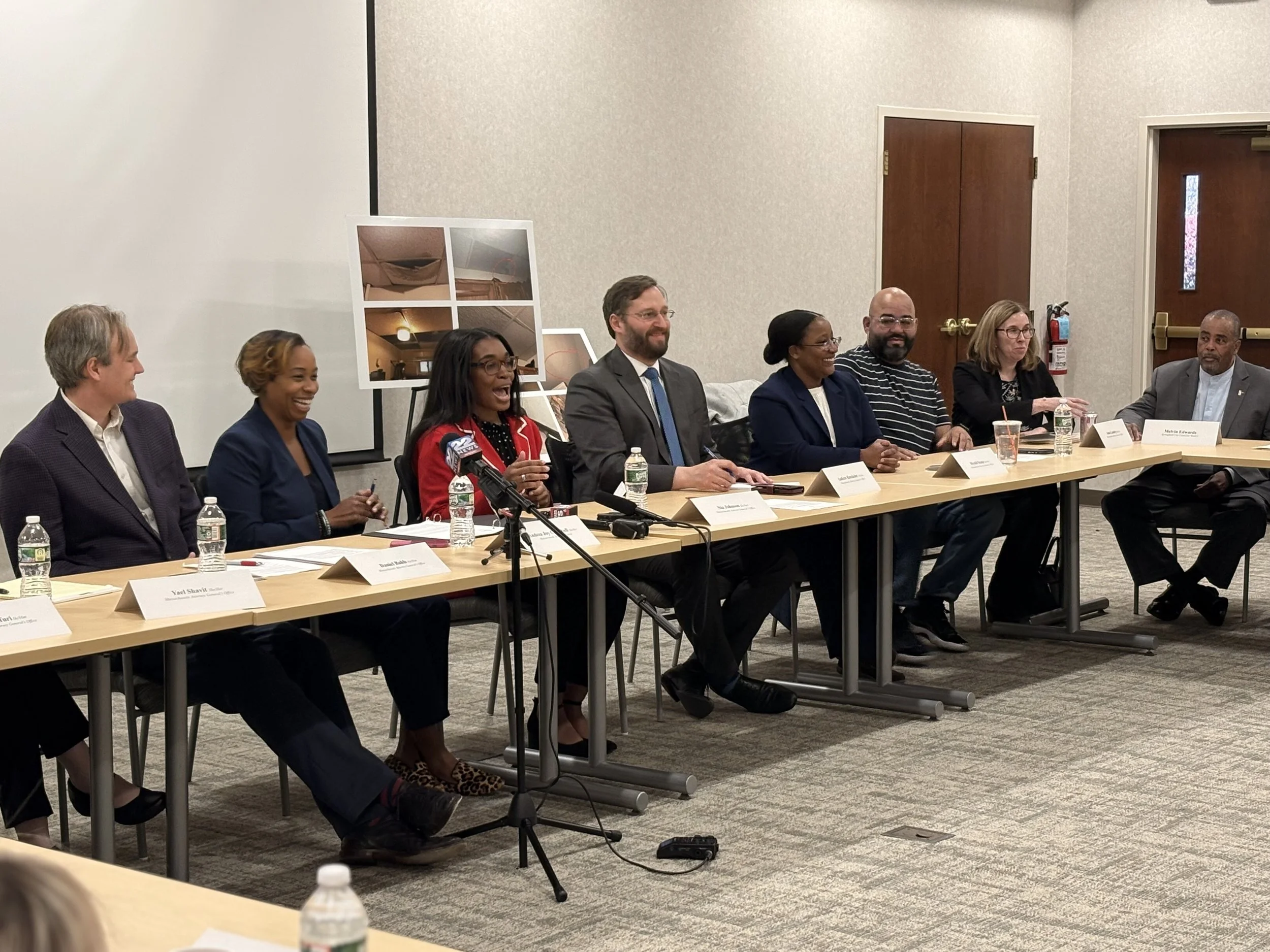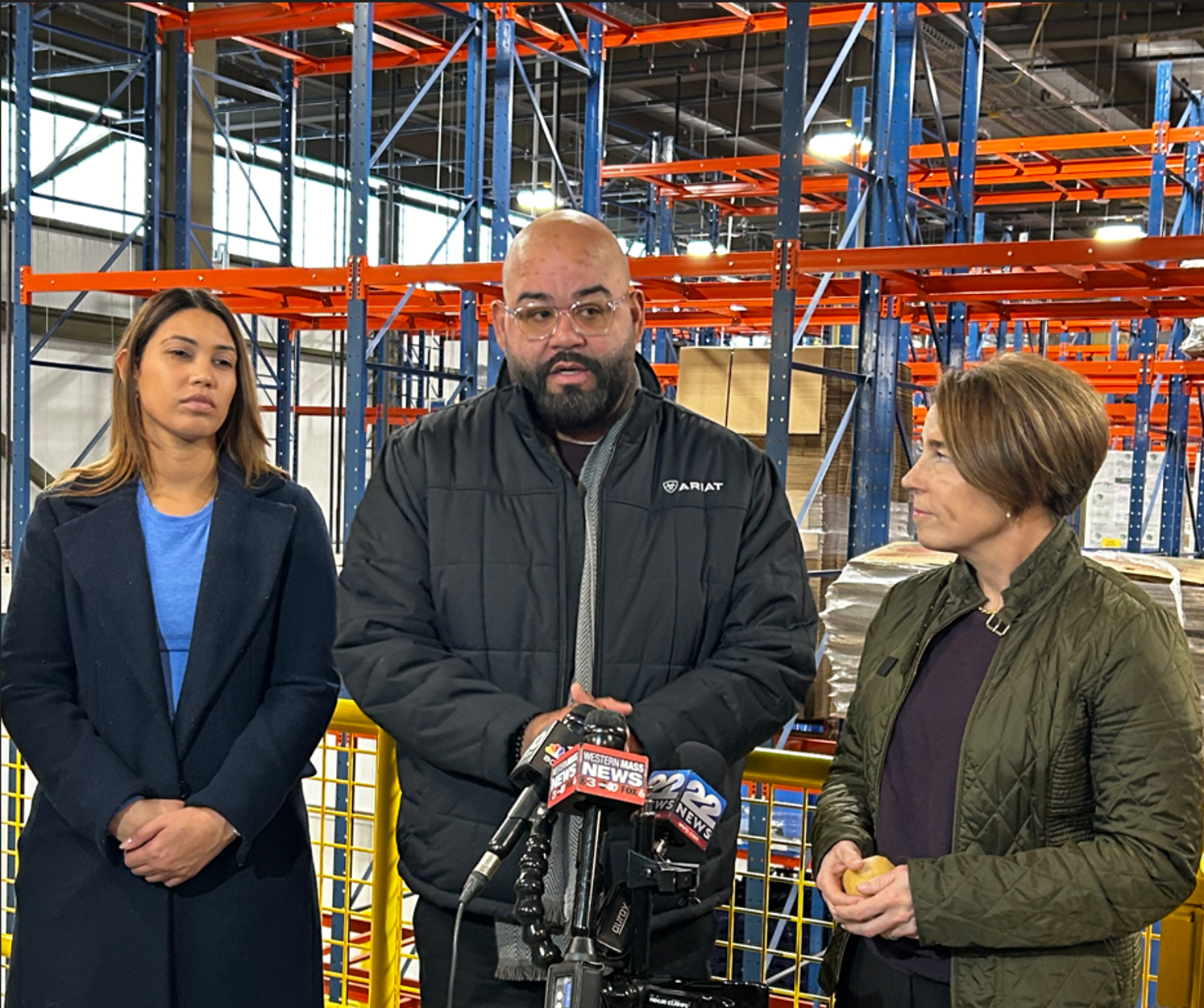Senate Acts to Strengthen Fair Housing Protections Across Massachusetts
As the Trump Administration Abandons Fair Housing, Senate Acts to Protect Residents from Discrimination
Gómez Celebrates 20 Years of Shannon Initiative and $1.2 Million Investment in Springfield and Chicopee
Shannon Community Safety Initiative marks 20 years of community-led crime reduction and intervention
Senate Passes Housing Affordability Package Focused on Property Tax Relief
Local option bills empower cities and towns to offer new and enhanced tax relief
Gómez Urges Action on Medigap Bill During Joint Committee on Health Care Financing Hearing
Legislation Would End Massachusetts’ Exclusion of Under-65 ESRD Patients from Affordable Medigap Coverage
Conference Committee Convenes to Reconcile Cannabis Reform Bills
Senator Adam Gómez to Serve as Senate Chair
Gómez Applauds Major Investments in Hampden District Public Housing
HLC-authorized contracts support unit rehabilitation and critical modernization work at 48 housing authorities statewide
Senate Acts to Reform Cannabis Industry Oversight, Licensure
Bill stabilizes governance and responsibly increases legal possession of marijuana for personal use
Senate Strengthens Support for Massachusetts Military Families
Legislation also boosts investment opportunities for regional economy
Senate Acts to Expand Highway Safety for Utility Workers and Drivers
Bill requires drivers to slow down, move over for utility workers and vehicle breakdowns
Senate Votes to Expand Menstrual Product Access and Require Ingredient Labels
Legislation requires no-cost products in schools and shelters, requires clear disclosure of ingredients






